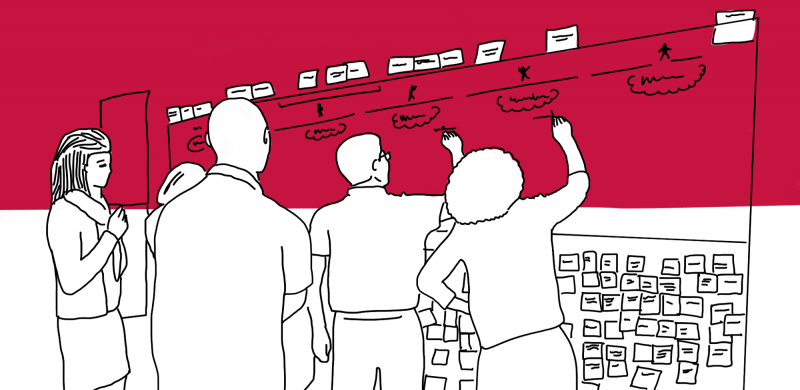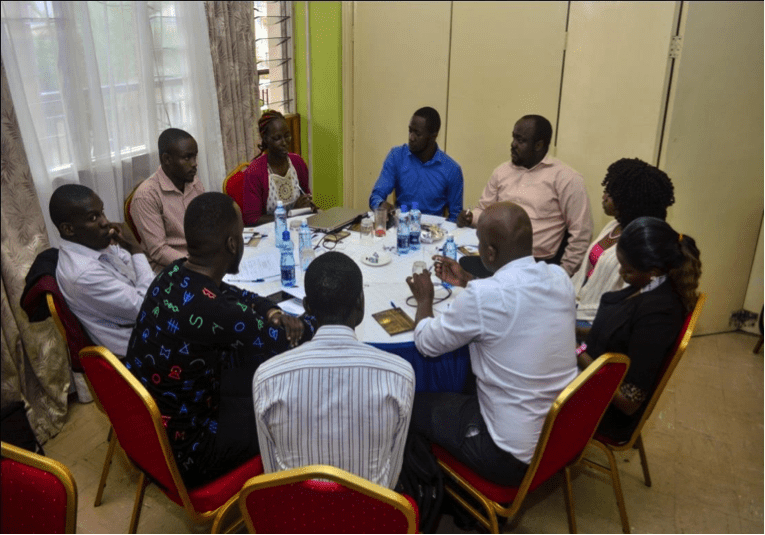Fellowship Opportunity |
About the ICT4Democracy in East Africa network
The network works in Kenya, Tanzania, and Uganda to achieve two top-line objectives: 1) Increased citizen participation in governance and the realisation of human rights through ICT; and 2) Improved transparency and accountability of governments through ICT. Partners in the network are the Collaboration on International ICT Policy for East and Southern Africa (CIPESA), the Women of Uganda Network (WOUGNET), Transparency International Uganda, iHub Research (Kenya), the Kenya Human Rights Commission (KHRC), the Commission for Human Rights and Good Governance (CHRAGG, Tanzania) and Toro Development Network (ToroDev). Read more about the network here: www.ict4democracy.org.
Aim of the Fellowship Programme
The CIPESA-ICT4Democracy Fellowship (Media) aims to raise media understanding of, and its effective and consistent reporting of ICT-for-Democracy issues in East Africa. It is expected that the fellowships will result into increased quality and regularity of reporting, as well as a greater diversity of voices, in coverage related to ICT, democracy and human rights.
Applications will be accepted on a quarterly basis as per the below dates:
| Fellowship round | Application deadline |
| May – July | April 1st |
| August – October | July 1st |
| November – January | September 1st |
| February – April | January 1st |
Duration: The fellowship shall last for up to three months but can in some circumstances be shorter.
Outputs
Participants in the media fellowship programme will be expected to create various outputs, which may include print articles such as features, broadcast content, multimedia content (animations and infographics) and social media content, as will be agreed in advance of the start of the fellowship.
Eligibility
Applicants should be early career print, broadcast, online or multi-media journalists. Individuals passionate about media platforms such as bloggers and social media enthusiasts with relevant skills are also welcome to apply. Applicants must be based in Kenya, Uganda or Tanzania. It is preferred that applicants have experience in coverage of areas that are relevant to the work of ICT4Democracy in East Africa partners, which may include social accountability, gender and youth mainstreaming, technology, human rights and governance.
Compensation
The fellows shall be given a modest allowance to cater for expenses related to producing the outputs of their fellowship engagement.
Application process
To apply, email [email protected] with subject line stating Application for Media Fellowship. Submissions should include:
- Your CV
- A statement of interest that mentions the outputs you intend to produce from the fellowship, how they will be disseminated, and how these outputs are beneficial to the work of the ICT4Democracy network or its partner organisation(s), a suggestion of which partner organisation you wish to be attached to, the duration for which you wish to have the fellowship, and anticipated expenses. The statement of interest should not exceed 3 pages.
- Two samples of your work (written or other)
- Two reference letters.





